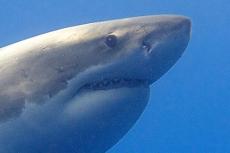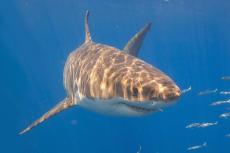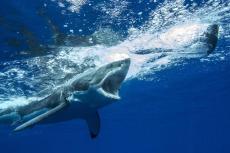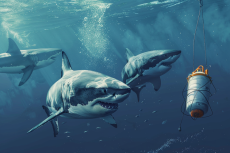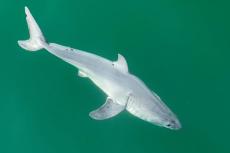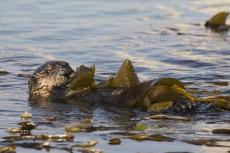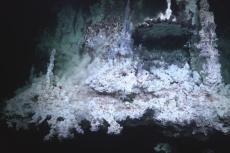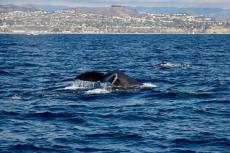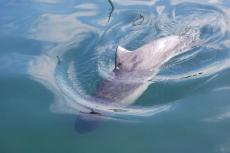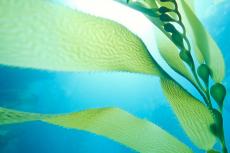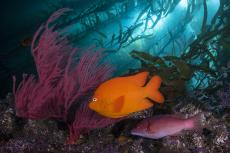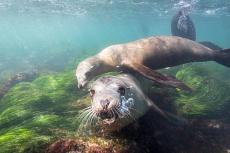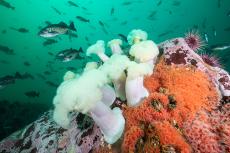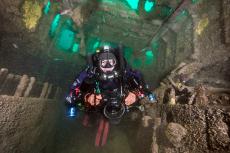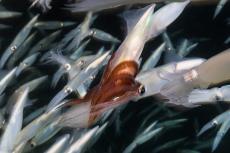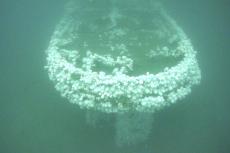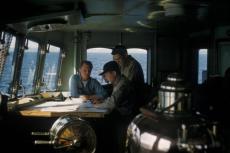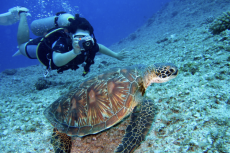MPAs: Catalysts for both marine health and scuba diving
A new study by UC Santa Barbara’s Marine Science Institute highlights the significant benefits of Marine Protected Areas (MPAs) for the recreational scuba diving industry in California’s Northern Channel Islands. This research underscores the importance of considering the diving community in decisions about the future of MPAs.
The findings from UC Santa Barbara’s Marine Science Institute provide compelling evidence of Marine Protected Areas (MPAs) value to the scuba diving industry and local economies. As global leaders aim to protect 30% of land and water by 2030, understanding the diverse benefits of MPAs is crucial for informed decision-making and sustainable coastal management.
The Channel Islands National Marine Sanctuary’s remote, isolated position at the confluence of two major ocean currents supports remarkable biodiversity and productivity. It is a special place for endangered species, sensitive habitats, historic shipwrecks and other maritime heritage artefacts. Numerous important commercial and recreational pursuits, including fishing, shipping and tourism, flourish within the sanctuary.
Researchers analysed millions of Automatic Identification System (AIS) data points from recreational diving vessels. They identified vessel behaviours linked to non-extractive ecotourism, such as underwater wildlife viewing and photography, and compared these with activities like recreational lobster fishing within and around MPAs.
Findings
The study, spanning 2016-2022, found a preference for MPAs among dive vessels engaged in ecotourism. A significant proportion of popular dive sites (38%) were located within MPAs, with 45% of unique dive events conducted in these areas. Conversely, vessels primarily conducting recreational lobster fishing showed a preference for MPA border zones, with 78% of lobster fishing dive events occurring outside MPAs.
The study highlights the “spillover effect” of MPAs, where species abundance in protected areas enhances nearby fishing experiences. Divers are attracted to the Northern Channel Islands’ MPAs for encounters with sea lions, kelp forests, and giant sea bass. Dive captains noted that MPAs facilitated more enriching experiences for their clients.
Implications
This research emphasises the dive industry’s role in coastal economies and the importance of MPAs in supporting ocean ecotourism. As a fast-growing sector, ecotourism’s stake in coastal biodiversity and planning is significant. The study’s focus on scuba diving, a key component of Southern California’s marine ecotourism industry, sheds light on an often-understudied benefit of MPAs.



